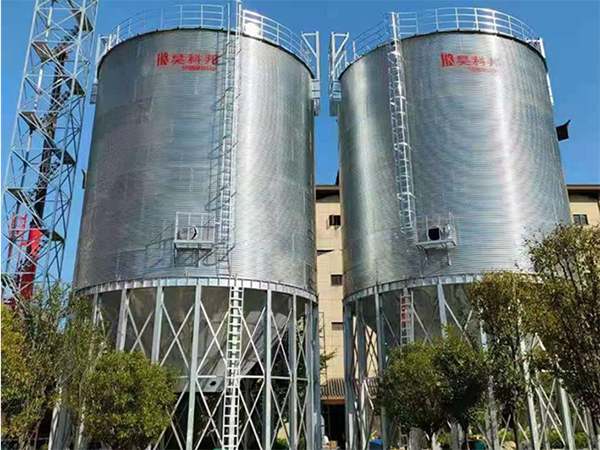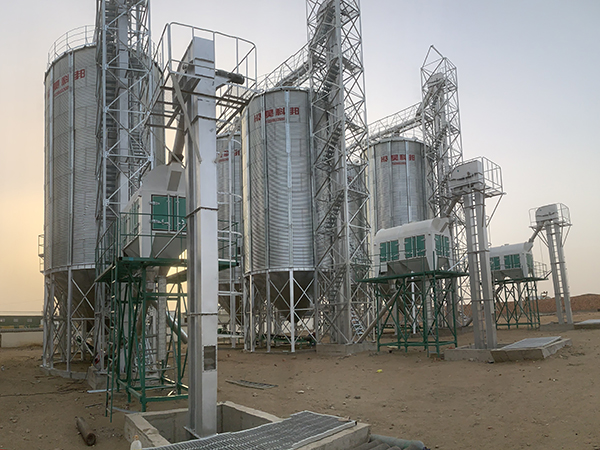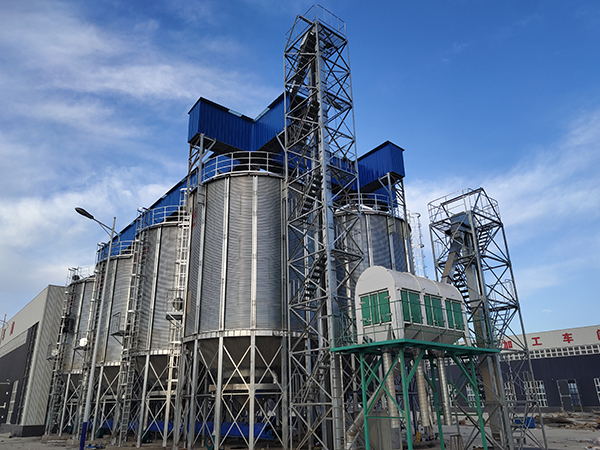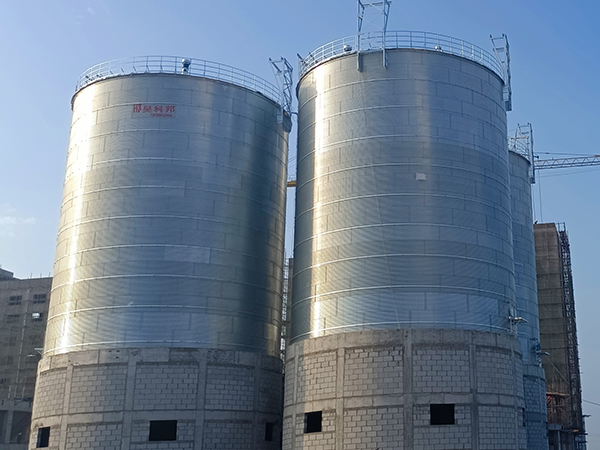Cattle feed silo procurement in Zimbabwe,Africa
Cattle feed silos are vital for modern animal husbandry, ensuring feed quality, improving breeding efficiency, and optimizing feed management. Key procurement factors include silo capacity, material durability, automation functions, and cost-effectiveness. Selecting a reputable supplier with professional qualifications, customization capabilities, and strong after-sales support is crucial for successful procurement and long-term operation.
- Main Advantages of Wheat Silo in Uganda
- Main Functions of Wheat Silo in Uganda
- Corn mill factory in Mali
- Maintenance Methods for Wheat Silo in Uganda
- Maintenance Methods for a Rice Silo in Uganda
- Wheat mill supplier in Malawi
- Installation Process of a Rice Silo in Uganda
- Structural Composition of a Rice Silo in Uganda
- Flour mill sale in Rwanda
- Main Advantages of Rice Silo in Uganda
- Primary Functions of Rice Silo in Uganda
- Grinding mill cost in Libya
In the animal husbandry industry, cattle, as important livestock, have a feeding efficiency that is directly related to the economic benefits of the breeders. The storage and management of cattle feed are key to efficient breeding. With the expansion of breeding scale, traditional feed storage methods can no longer meet the needs of modern animal husbandry. Therefore, cattle feed silo procurement has become an important decision for breeding enterprises.
The Importance of Cattle Feed Silos
Cattle feed silos play an essential role in modern animal husbandry.


Ensuring Feed Quality and Safety
Cattle feed silos maintain the freshness and nutritional value of feed through sealed storage, effectively isolating the feed from the external environment. Moreover, the design of the silo can prevent feed from becoming damp and moldy, ensuring feed safety.
Improving Breeding Efficiency
Automated cattle feed silo systems reduce the labor intensity of manually handling feed, improving the efficiency and accuracy of feed distribution. This not only enhances breeding efficiency but also reduces labor costs.
Optimizing Feed Management
The use of silos helps breeding enterprises to better plan feed procurement and usage, avoiding feed waste and achieving refined feed management.
Key Factors in Procurement
When engaging in cattle feed silo procurement, the following factors should be considered.
Silo Capacity and Dimensions
Breeding enterprises should choose silos with appropriate capacity and dimensions based on their breeding scale and feed demand. Silos that are too large or too small may affect the efficiency and economy of feed storage.
Material and Durability
The material of cattle feed silos should have good durability and corrosion resistance to adapt to various climate conditions and the needs of long-term use. Common materials include stainless steel, galvanized steel plates, etc.
Functions and Level of Automation
Modern cattle feed silos may be equipped with automated functions such as automatic filling, emptying, temperature and humidity control, and monitoring systems. These functions can further improve the efficiency and accuracy of feed management.
Cost-Benefit Analysis
When procuring cattle feed silos, consider the purchase cost, operating cost, and maintenance cost of the silo comprehensively, choosing the product with the highest cost-performance ratio.
Choosing the Right Supplier
Selecting the right supplier is key to successful cattle feed silo procurement.
Supplier’s Professional Qualifications
Choose suppliers with professional qualifications and production capabilities, which usually means more reliable product quality and technical support.


Customization Service Capability
Excellent suppliers can provide customized cattle feed silo solutions according to the specific needs of breeding enterprises.
After-Sales Service and Support
Good after-sales service and technical support are crucial for ensuring the long-term stable operation of the silo. Choose suppliers who can provide timely and effective services.
Reputation and Customer Reviews
Understand the market reputation and customer reviews of suppliers, and choose those with good reputation and high customer satisfaction.








